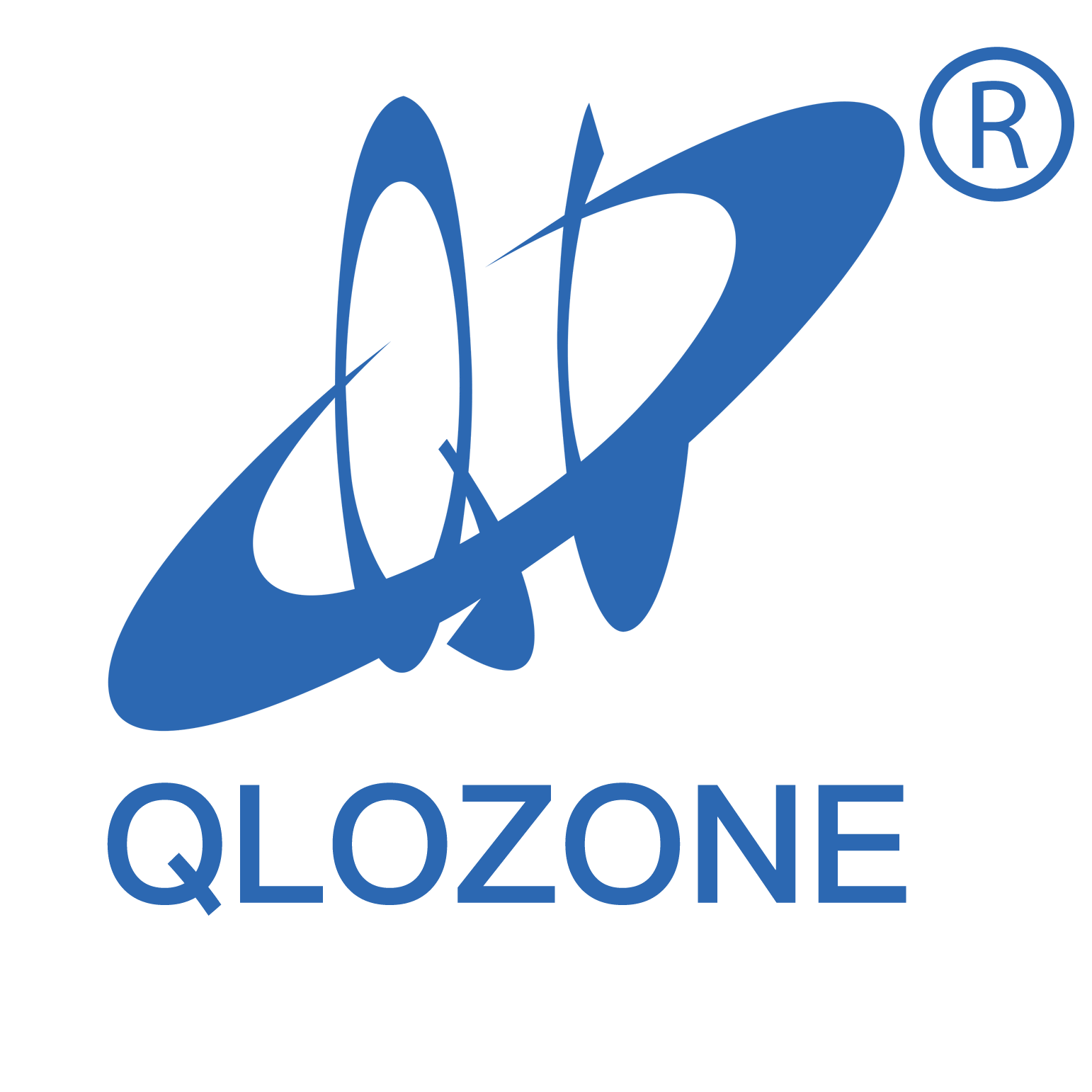Los sistemas de filtración de alta calidad desempeñan un papel vital en mantener el funcionamiento fluido de sus operaciones. Ayudan a maximizar la eficiencia eliminando contaminantes dañinos que pueden causar daños equipos o procesos lentos. Con una filtración adecuada, ahorrará dinero en reparaciones, mejorará el rendimiento del sistema y prolongará la vida útil de su maquinaria. Es una inversión inteligente para el éxito a largo plazo.
Factores Clave para Maximizar la Eficiencia en Filtración
Elegir el tipo de filtro adecuado para sus necesidades
Elegir el filtro adecuado es el primer paso para sacar el máximo provecho de su sistema de filtración. No todos los filtros son iguales, y cada tipo tiene un propósito específico. Por ejemplo, los filtros de sedimentos funcionan bien para eliminar la suciedad y los desechos, mientras que los filtros de carbono son mejores para eliminar olores y productos químicos. Si usted está tratando con microorganismos, un filtro UV puede ser la mejor opción.
Para tomar la decisión correcta, piensa en lo que necesitas filtrar. ¿Está apuntando a partículas grandes, o necesita algo que maneje contaminantes microscópicos? También, considere la velocidad de flujo. Un filtro demasiado pequeño para su sistema puede ralentizar las cosas, mientras que uno demasiado grande puede no filtrar eficazmente. Si el filtro se adapta a sus necesidades específicas, se maximiza la eficiencia y se evitan gastos innecesarios.
Comprender el impacto de la calidad del agua y de los contaminantes
La calidad del agua juega un papel muy importante en el rendimiento de su sistema de filtración. Contaminantes como sedimentos, cloro y bacterias pueden obstruir filtros o reducir su vida útil. Si no sabe lo que hay en su agua, puede terminar usando el tipo de filtro equivocado.
Comience probando su agua. Muchos kits de prueba para el hogar están disponibles, o puede contratar a un profesional. Una vez que sepa con qué contaminantes está lidiando, puede elegir un sistema diseñado para manejarlos. El agua más limpia no solo protege su equipos sino que también ayuda a que su sistema de filtración funcione de manera más eficiente.
Prácticas de mantenimiento para maximizar la eficiencia
Limpiar y reemplazar los filtros según el horario
Mantener limpios los filtros y reemplazarlos a tiempo es una de las maneras más fáciles de mantener su sistema de filtración funcionando sin problemas. Con el tiempo, los filtros recogen suciedad, escombros y otros contaminantes. Si no se limpian o se reemplazan, pueden obstruirse y reducir la eficiencia del sistema.
Consulte las recomendaciones del fabricante para saber con qué frecuencia debe limpiar o reemplazar sus filtros. Algunos filtros necesitan reparación cada pocas semanas, mientras que otros duran meses. Si su sistema maneja agua de uso intensivo o muy contaminada, es posible que deba reemplazar los filtros con más frecuencia.
Rendimiento del sistema de monitoreo para la detección temprana de problemas
Si presta atención al funcionamiento de su sistema filtrante, podrá detectar los problemas de forma temprana. Busque señales como disminución del flujo de agua, ruidos inusuales o cambios en la calidad del agua. Esto podría significar que su sistema no funciona como debería.
No necesitas herramientas sofisticadas para controlar el rendimiento. Sólo vigila cómo se comporta el sistema durante el uso regular. Si algo parece estar mal, investigue de inmediato. Si solucionas los problemas pequeños a tiempo, evitarás problemas mayores y te aseguraras de que lo hagas con mayor eficiencia.
Estrategias avanzadas para mejorar la eficiencia de la filtración
Actualización a sistemas de filtración de varias etapas
Si desea llevar su sistema de filtración al siguiente nivel, considere actualizarlo a un sistema de filtración de varias etapas. Estos sistemas combinan diferentes tipos de filtros para hacer frente a una amplia gama de contaminantes. Por ejemplo, un sistema podría incluir un filtro de sedimentos para eliminar partículas grandes, un filtro de carbono para eliminar productos químicos y un filtro UV para matar bacterias.
Este enfoque en capas asegura que su agua se limpie a fondo en cada etapa. Es especialmente útil si se trata de múltiples contaminantes. Además, los sistemas de múltiples etapas a menudo duran más tiempo ya que cada filtro se centra en tareas específicas. Notará un mejor rendimiento y agua más limpia, lo que le ayuda a maximizar la eficiencia a largo plazo.
Aprovechamiento de la tecnología inteligente para la vigilancia en tiempo real
La tecnología inteligente está cambiando el juego para los sistemas de filtración. Con el monitoreo en tiempo real, puede rastrear el rendimiento de su sistema desde su teléfono o computadora. Estos sistemas le avisan cuando los filtros necesitan ser reemplazados o si hay una disminución en la eficiencia.
Imagínese detectar un problema antes de que cause daños o tiempo de inactividad. Ese es el poder de la tecnología inteligente. Te ahorra tiempo y esfuerzo mientras mantiene tu sistema funcionando sin problemas. Algunos modelos incluso proporcionan datos sobre la calidad del agua, por lo que siempre se sabe lo que está sucediendo.
Seleccionar, mantener y optimizar su sistema de filtración es clave para mantener todo funcionando sin problemas. La filtración de alta calidad ofrece beneficios a largo plazo como una mayor eficiencia, ahorros de costes y un mejor rendimiento. ¿Por qué esperar? Tome medidas proactivas hoy para maximizar la eficiencia y proteger su equipo. Un poco de esfuerzo ahora puede llevar a grandes recompensas en el futuro.

